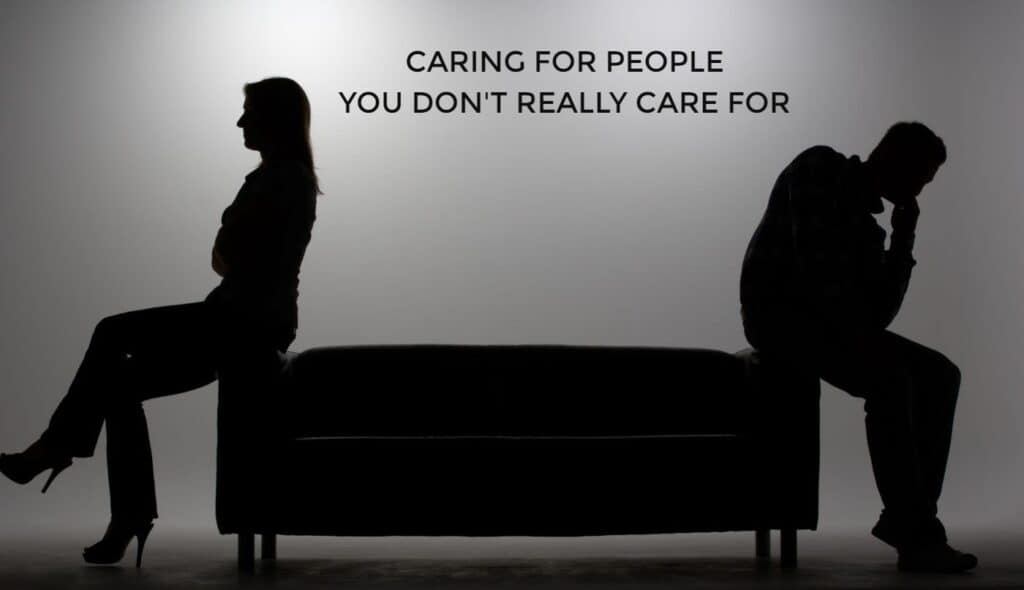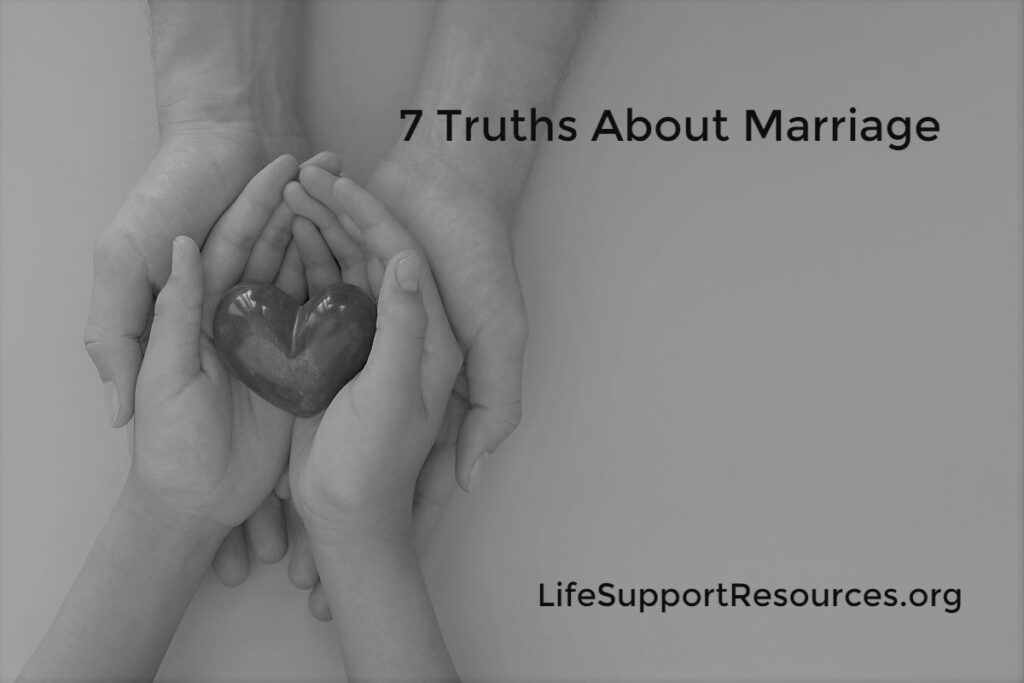Caring For People You Don’t Really Care For
What NASA Taught Me About Caring For Others
Almost 30 years ago I had the privilege of looking behind the scenes at the NASA space shuttle program. I learned a lesson that day in the importance of caring for others even when they are people we don’t really like.
Everywhere we went in the facility we could see the care that was given to the safety and success of the flight crew. We were shown the astronaut equipment lockers that held personal space suit components custom-fitted to the exact measurements of each crew member. There were rows of gleaming white suits adorned with American flags, mission insignias and patches to indicate whose specific suit was whose. The suits were actually made up of separate components for each body part. Each locker held two of each; torso, arms, legs, boots, and helmets. It was an impressive site to see all of the redundancy and care that went into making sure the team was well equipped and safe.
Our tour continued as we walked into a second locker area and saw several additional suits. These suits were noticeably smaller, gray in color, older looking and obviously well worn. When we asked our guide what these suits were, we were told that these were the suits of the Soviet cosmonauts who would be part of the upcoming mission. Back before the breakup of the Soviet Union, American and Soviet leaders decided (for a variety of reasons) that cooperative activities in space would serve their interests. At the time most Americans saw the Soviets as the enemy and as untrustworthy. Most astronauts had a military background and so, were even more inclined to hate the Soviets than the general public. It was a big deal to ask these traditional enemies to cooperate in such an intricate and dangerous enterprise as a space mission.
Our tour guide gave us a memorable lesson in the importance of caring about others even when they are people we’ve been taught to hate. On the upcoming space mission, the astronauts would need to rely on and trust the Soviet mission members. Both teams had to be prepared to help their former enemy in whatever way necessary. The mission preparation included hundreds of hours of training in how to use and care for the space suits and tools of the other country. In order to accomplish their assigned missions, and more importantly to survive the dangerous conditions of rocket flight and space activities, Soviet and American team members would need to know, trust, and rely on each other to accomplish their common goals.
How Does This Apply To Christian Life
For most believers, we like to think that we don’t really have any enemies. If there are people we don’t approve of, or get along with, we simply make sure they aren’t part of our life. But what if, like the astronauts our goals depended on knowing, trusting, and relying on our enemies, or even on those who we simply choose to separate ourselves from?
Putting The Mission First?
Mission number one for every Christian is to bring others to Christ and expand the kingdom for God. Seeing others as part of this mission helps us look past the things that divide us, cause us to judge others harshly, or plant the seeds of hate. You might say that many of the people you don’t care for are unbelievers. That may be true, but by separating yourself from them you are taking yourself out of the mission to reach them for Christ. Ask yourself, What if I could bring that person one step closer to God? Would that make you care more for them?
Who are the Soviet Cosmonauts in Your Life?
If you’re anything like me, there are people you’ve been taught to hate, who are less deserving, or who you should separate yourself from. It’s important that believers look around and identify the people we place in these categories. Once we understand who it is we are not loving we can take steps that help us grow in the way we care for them.
5 Ways To Care For People You Don’t Care For
- Show simple kindness. Find out what they need. If there is someone who you don’t really care for, the odds are pretty good that they don’t really care for you either. You can go a long way in creating healing between you by simply asking the other if there is some way you can help them.
- Take time to know them – Respect that they have a different story than you – Understand that their attitudes, and actions are a result of their experience. Ask yourself, how would I be different if I had the past experience that they had. If you don’t know about their background or experiences, start by learning as much about them as possible.
- Lean into your common interests, history, or goals. Take the time to show genuine interest in the other person and explore their story. It’s likely that there is some aspect of their life or history that connects you. Be willing to share something about your past that may interest them. If the other person has a negative perception of you, sharing some of your humanity (a flaw or stumble you’ve had) will help them see you in a different light. This may take a bit of vulnerability and time but these investments will almost always pay off in a healthier relationship.
- Trust God and act in love. Sometimes it’s hard to overcome our humanity and show love for others. Remind yourself that even though you have a hard time loving a particular person, God loves them beyond our ability to understand. In these times it would helpful to take ourselves out of the equation and simply ask God to soften your heart and guide your action to be a conduit for the love that He wants to show the person you don’t really care for.
- Pray – Prayer could be an element of each of the previous four suggestions. When you have failed to see the value in others or a path forward to fellowship, ask God to provide that missing direction.


